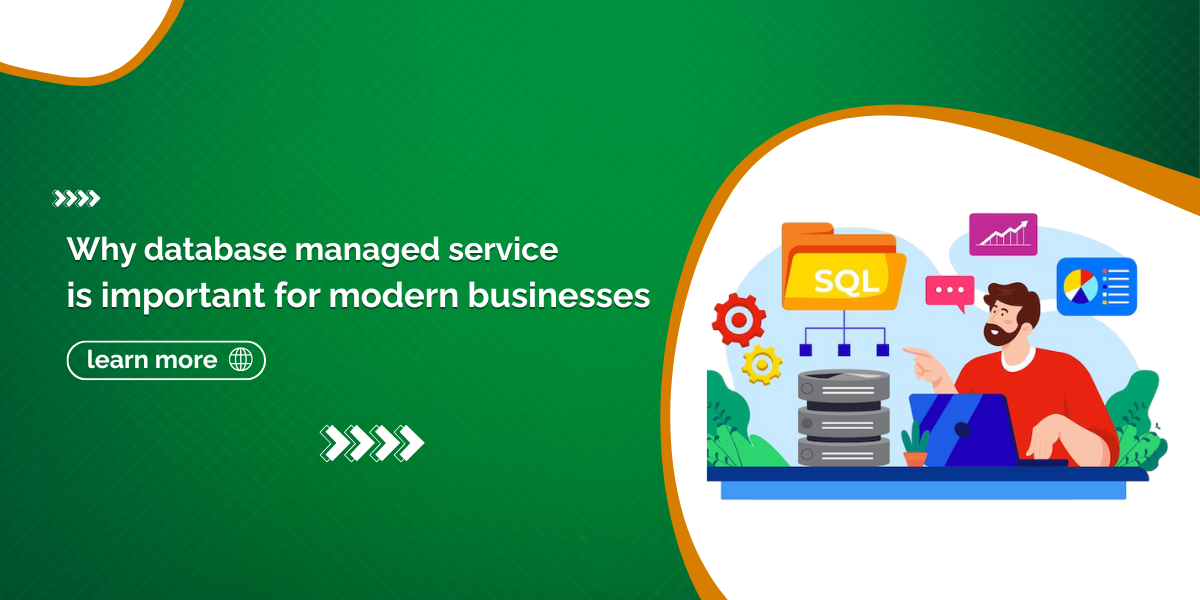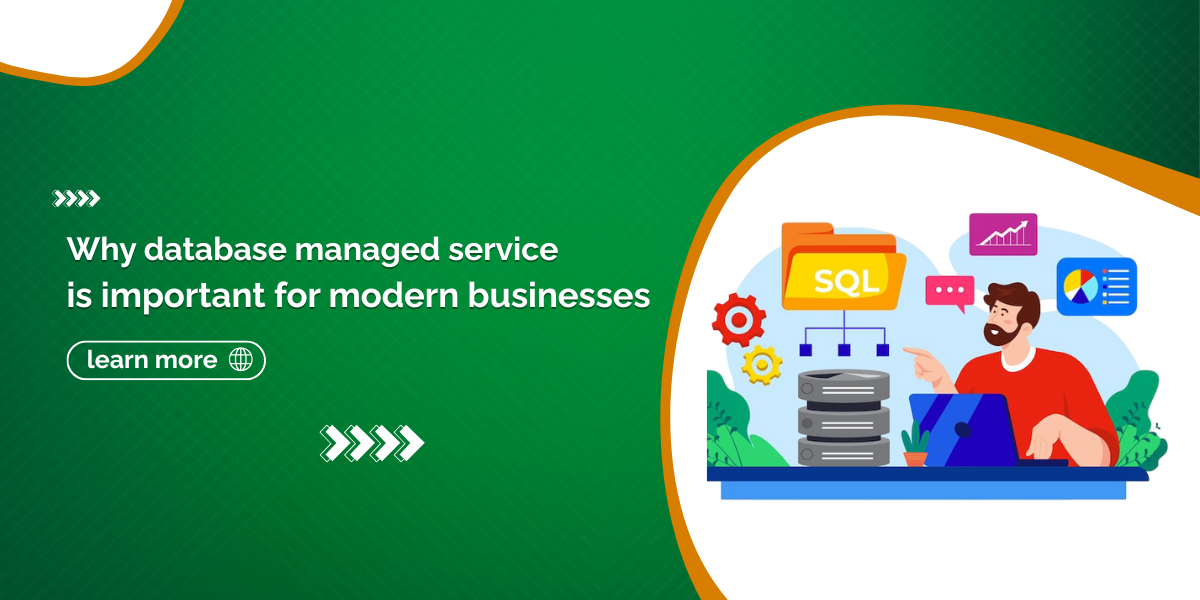Data is the foundation of any organization in the digitally fast business environment of today. Companies use databases to store, retrieve, and manage vital data in real-time, from financial records and customer information to product inventories and performance indicators. Strong, scalable, and secure database administration is becoming more and more necessary as data volume and complexity increase. Database managed services are useful in this situation.
Understand the concept of Database Managed Services
Outsourcing database maintenance and administration to a third-party source is known as database managed services. These services include security, backup, disaster recovery, performance monitoring, installation, configuration, and updates. With their round-the-clock assistance, managed service providers (MSPs) guarantee that your databases are constantly accessible, safe, and optimized.
- Enhance availability: Databases are regularly monitored by managed service providers in order to spot and fix performance issues before they affect business operations. They guarantee your systems operate effectively, decreasing downtime and enhancing responsiveness through query optimization, indexing, and fine-tuning.
- Enhanced Compliance and Security: Database security is more crucial than ever as data breaches become more frequent. To safeguard sensitive data, MSPs use robust security methods like patch management, audit logging, access limits, and encryption. Additionally, they assist companies in adhering to industry rules such as GDPR, HIPAA, and PCI-DSS.
- Cost effective: Database administrators (DBAs) can be costly to hire and retain on staff, particularly for small and medium-sized enterprises. Expert DBAs are accessible through managed services, which also offer predictable pricing and do away with the need for equipment, manpower, and training.
- Flexibility and Scalability: Your data needs will expand along with your business. Scaling database resources up or down in response to demand is made simple by managed services. MSPs offer the flexibility your company requires, whether you're managing seasonal traffic surges, integrating new apps, or entering new markets.
- Active Observation and Assistance: Managed service providers offer proactive monitoring, which detects problems before they become more serious, in contrast to reactive assistance methods. Through frequent maintenance, health checks, and real-time alarms, they guarantee high availability, keeping your systems operational around-the-clock.

Who Requires Managed Database Services?
Database managed services are advantageous for almost any firm that depends on digital operations. This includes banking institutions, logistical organizations, healthcare providers, e-commerce companies, and more. A managed services partner can help you maximize your investment, regardless of whether you're using a cloud-native database like Amazon RDS or Google Cloud SQL, or a database that runs on Microsoft SQL Server, MySQL, Oracle, PostgreSQL, or another platform.
Conclusion:
For companies wishing to improve performance, guarantee data security, and free up internal resources, database managed services provide a dependable, safe, and affordable option. By collaborating with a reliable supplier, businesses can leave the intricacies of database administration to the professionals and concentrate more on strategic expansion and innovation.
Database managed services should be a key component of your digital strategy if you want to streamline your IT operations and future-proof your company.
